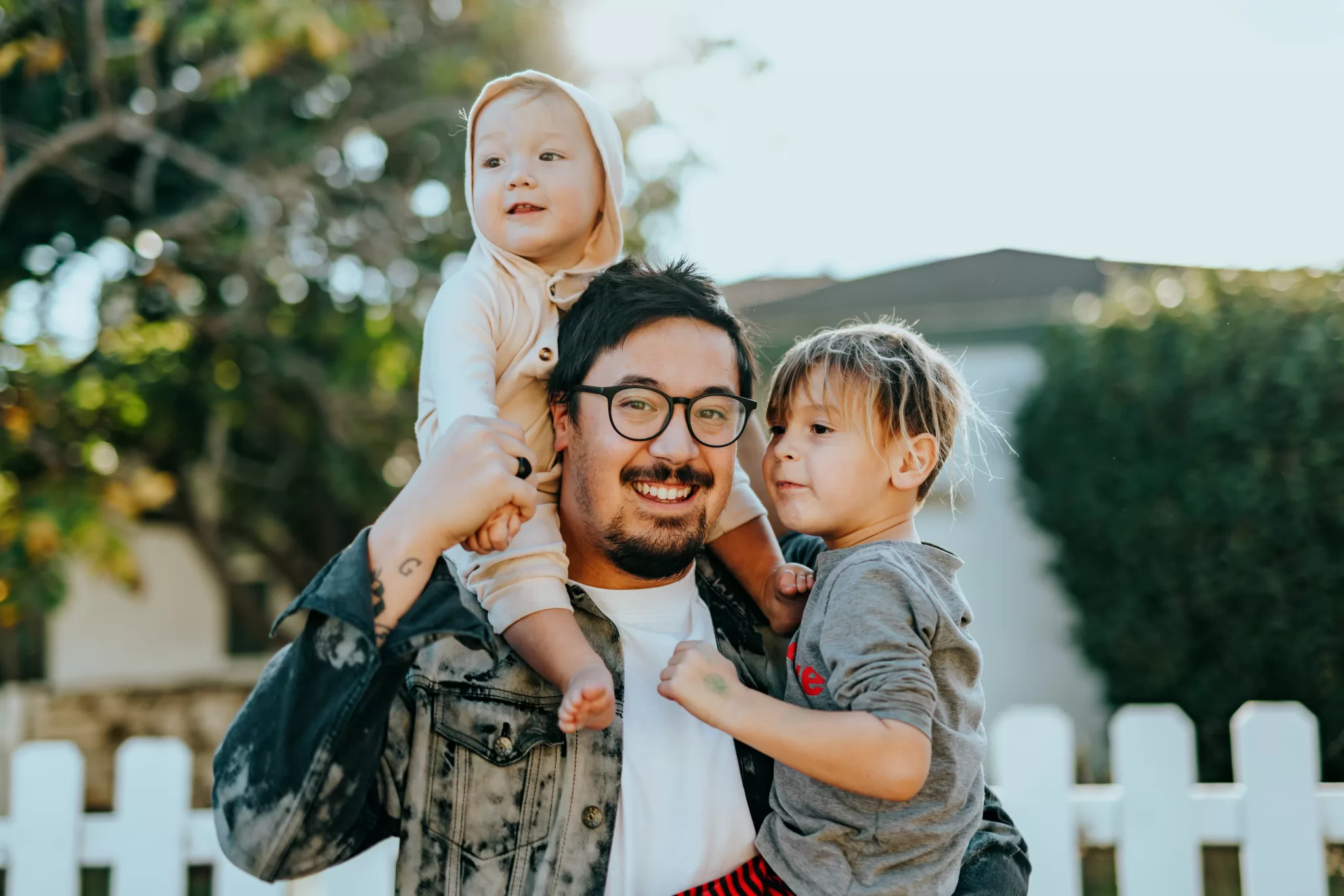
What we do
We are a clinical service empowered by AI technology, dedicated to detecting and evaluating high-risk Medicare/Medicaid patients with cancer at an early stage, starting with lung cancer. Our goal is to enhance survival rates and minimize healthcare expenses.
By taking on the burden of intricate screenings and analyzing imaging RADS reports, we alleviate doctors and nurses from arduous tasks. We offer comprehensive support in establishing your cancer screening program, guiding patients through their care journey, and guaranteeing their ongoing well-being for years to come.
Health equity in action
Underserved communities have endured a long history of disparate access to quality cancer care and a lack of culturally appropriate supportive care services.
Oatmeal Health is committed to reducing disparities associated with additional cancer screenings and diagnoses. We are focused on creating solutions to improve health services and outcomes for communities whose members are disproportionately affected by cancer.
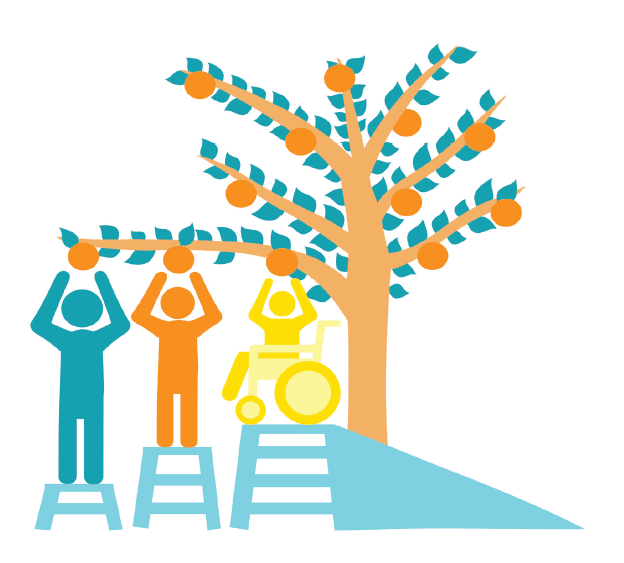
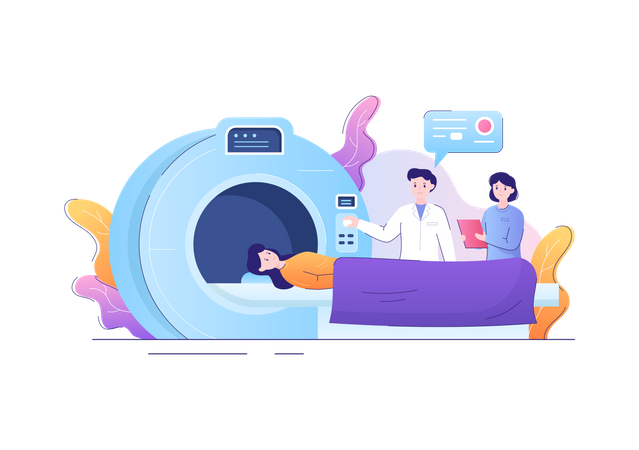
Why is the company named Oatmeal Health?
We get this question all the time and we love it!
Our name was thoughtfully selected to stand out as a conversation starter and initiate dialogue. Oatmeal, universally known as a wholesome food, embodies our ethos of health and well-being.
This unusual yet memorable name often leads to the intriguing question about its origin, opening doors to meaningful conversations about our mission and the problem America is facing with cancer, health equity, and early detection for marginalized communities.
munities
From Our Founder
Jonathan Govette’s journey to create Oatmeal Health is rooted in a deeply personal and heart-wrenching experience. Having witnessed the devastating loss of many of his own family members to the relentless grip of cancer, he knew that something had to change.
It was in the face of this heartbreak that Jonathan found his unwavering resolve to transform the healthcare system’s approach to preventative screening. Driven by the profound desire to spare other families from enduring the pain and loss he had suffered, Jonathan, along with the founders of Oatmeal Health, embarked on a mission to challenge the status quo. Their collective determination is a testament to their shared commitment to revolutionize how we safeguard our loved ones.
Together, they are dedicated to ensuring that no one else has to endure the heartache of losing a cherished family member needlessly, and their journey with Oatmeal Health is a poignant tribute to the love and loss that fuels their passion for change.
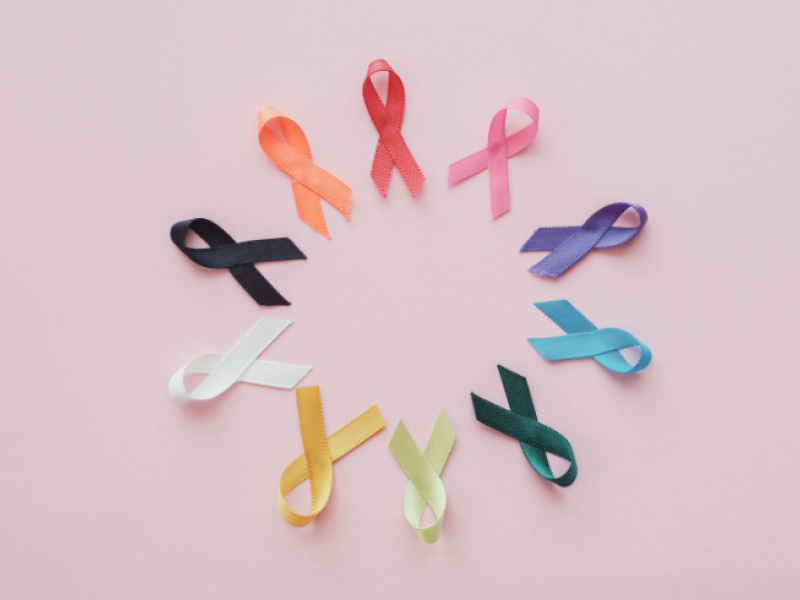
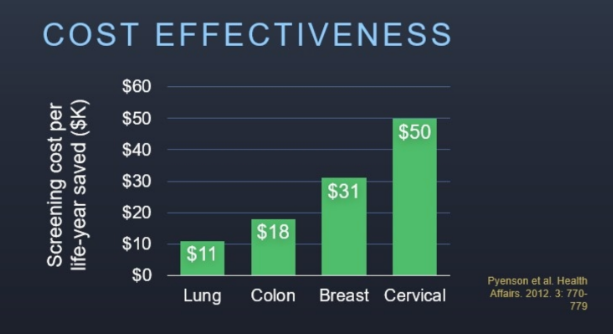
Why now?
Lung cancer kills more people than breast, colorectal, and prostate cancer combined and is more cost-effective than colon, breast, and cervical cancer screening. When compared with breast, colorectal, and cervical cancer, where ~46% of eligible people are screened, only ~5% of patients are screened for lung cancer.
In 2021, more Americans were recommended to get screened and in 2022 reimbursement was approved to allow the 14.5 million eligible Americans to receive these scans at no cost to them. It was also determined that the new guidelines in 2021 address the typically underserved communities that were well represented in the 2013 guidelines.
So lung cancer screening will save more lives, more efficiently, in the communities that need it most.
How do you improve patient outcomes?
One option is to wait several decades as we did for breast, colorectal, and cervical cancer screening to allow individual doctors’ offices, health plans, and communities to adopt the guidelines and try to manage the challenge of not having enough time to care for patients let alone the time to manage all image-based RADS.
The better option is to find ways to identify eligible patients, predict who should be screened, facilitate screening at scale, and systematize the process including education and access to those that need it most. Our goal is to help FQHCs get a jump start helping their patients now before lung becomes a HEDIS measure.
Our body is full of organs and there will be additional body parts that need screening. We will be ready.
In May of 2022, we started working on what a ‘Lung Cancer Screening as a Service” could look like. We had hundreds of calls with clinics, payors, investors, and others in the space and found that FQHCs was a great place to begin.
